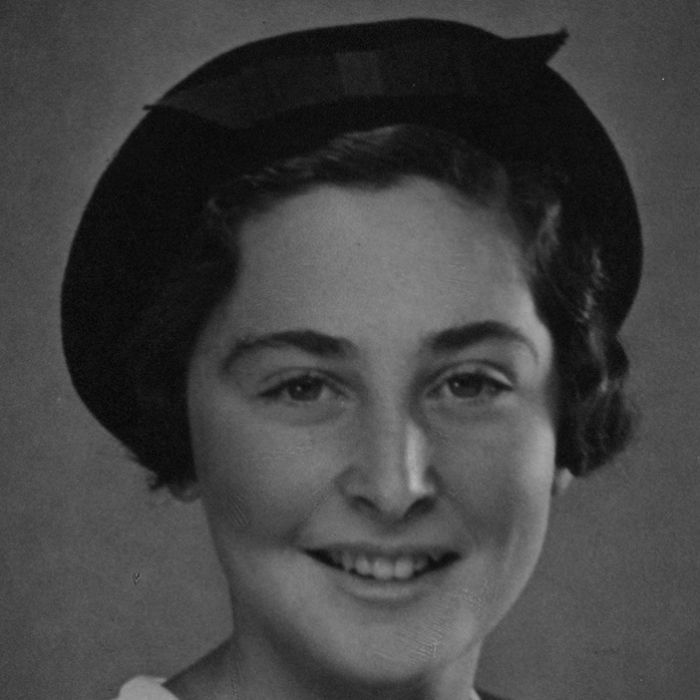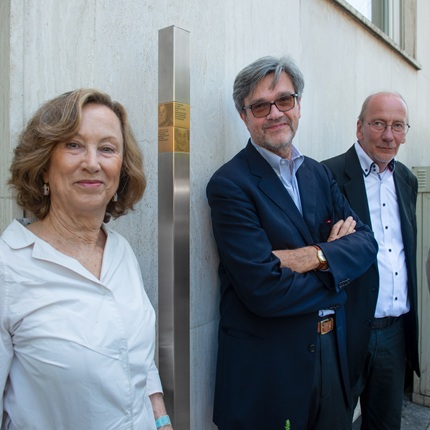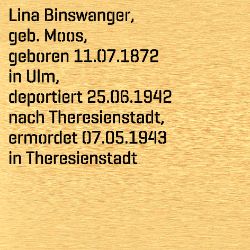Anneliese Luise Klara Treumann was born on February 7, 1923 in Regensburg. After her parents Martin Treumann and Martha Binswanger separated, she moved with her mother to Munich in 1934, living at Leopoldstraße 102. In January 1937, her mother died of multiple sclerosis and Anneliese’s grandmother, Lina Binswanger, stepped in to look after her. In October 1937, Anneliese enrolled in a Jewish school in Berlin-Grunewald. Upon the school’s closure after the “Kristallnacht” pogroms, she returned to Munich at the end of 1938. Here she took courses in housekeeping, cooking, and sewing in preparation for emigration. In October 1939, Anneliese Treumann and her grandmother were forced out of their apartment. Together with other Jewish women they were forcibly billeted at Franz-Joseph-Straße 15.
As of July 1941 Anneliese had to perform forced labor at the Flachsröste (flax factory) Lohhof to the north of Munich. At first, the 18 year-old was still able to live with her grandmother and commuted to the factory. “She leaves the house at 5.30 a.m. and returns at 6.30 p.m., takes food for the whole day, she has to work outside,” wrote Lina Binswanger to relatives. Later Anneliese had to live in a barrack on the factory grounds and was only occasionally on weekends in Munich. Letters reveal that she had a boyfriend: Hans Ney. She met him at Munich train station whenever she came back from the labor camp. On April 4, 1942 Anneliese Treumann and Hans Ney were deported to the Piaski ghetto in occupied Poland. At the beginning of May 1942, Anneliese wrote to her grandmother with the news that she and Hans Ney intended to marry. Shortly after the couple became separated however: Anneliese was relocated to work in the marshes. It is here, in the area around Piaski, that no further trace can be found: it remains unclear when and where Anneliese Treumann was murdered. Her grandmother Lina Binswanger and Hans Ney also did not survive the Shoah.(text Mara Fazio and Claudio Lindner, editor C. Fritsche, translation P. Bowman)






